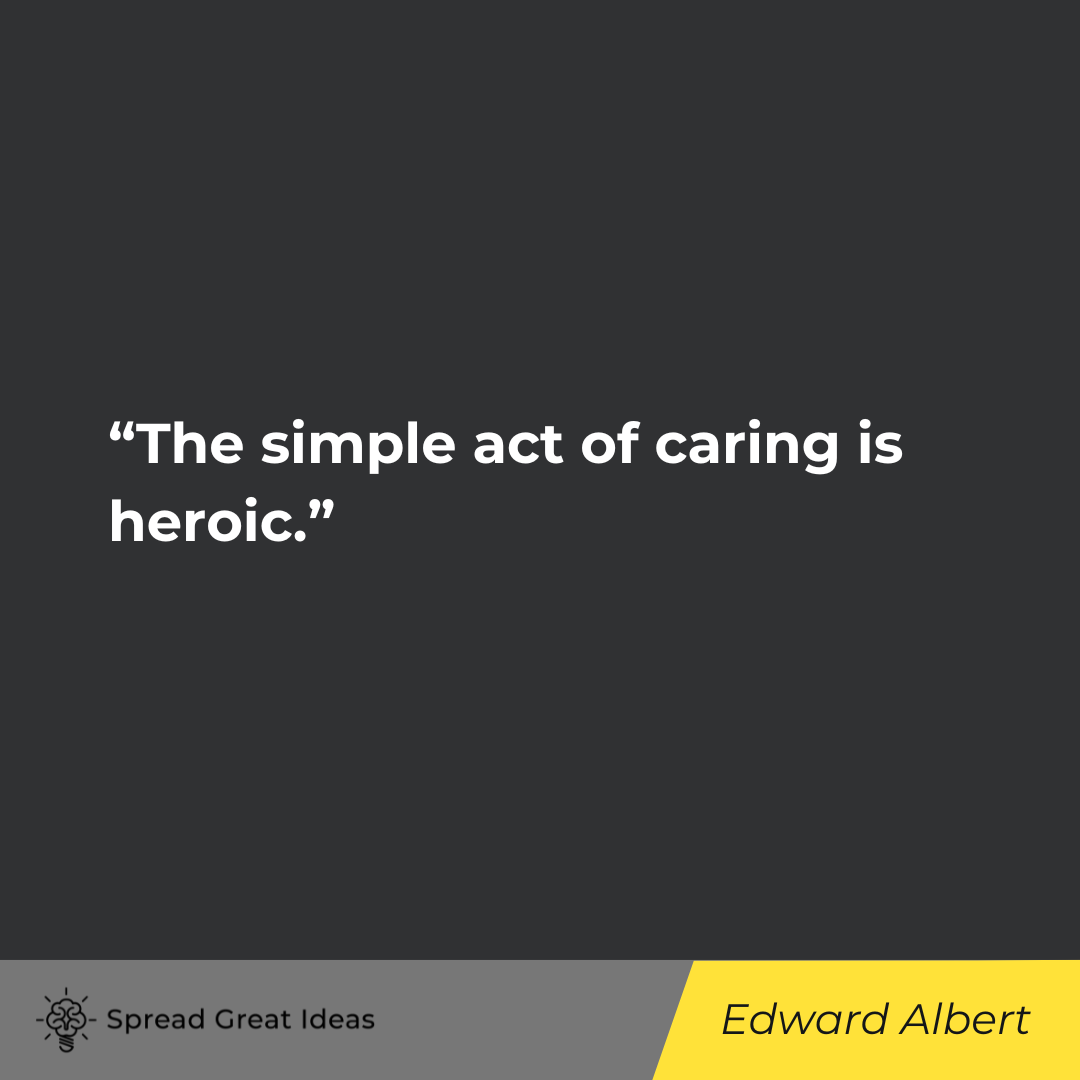Table of Contents
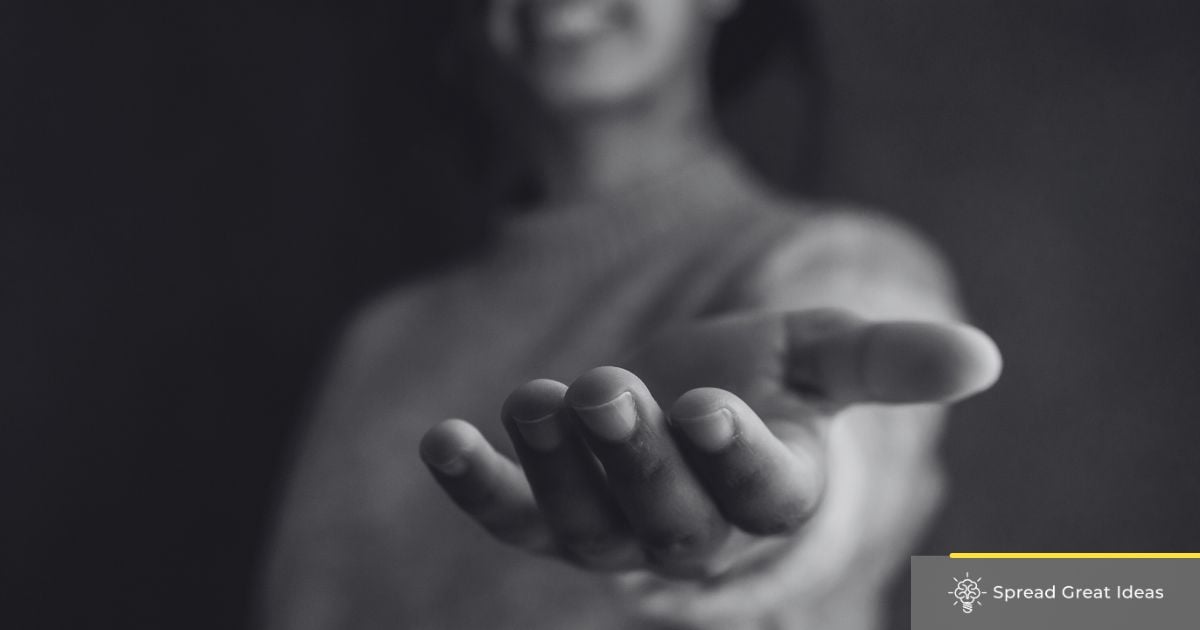
In today’s busy world, it’s easy to lose touch with each other. Empathy stands out as a way to connect and understand each other’s feelings and experiences.
This collection of empathy quotes brings together thoughtful quotes from various thinkers and compassionate individuals. These quotes remind us of the power of empathy.
As you read through this collection, you’ll see how understanding and sharing emotions can strengthen our relationships and communities. Each quote highlights the importance of truly listening and finding comfort in shared experiences.
Mohsin Hamid
“Empathy is about finding echoes of another person in yourself.”
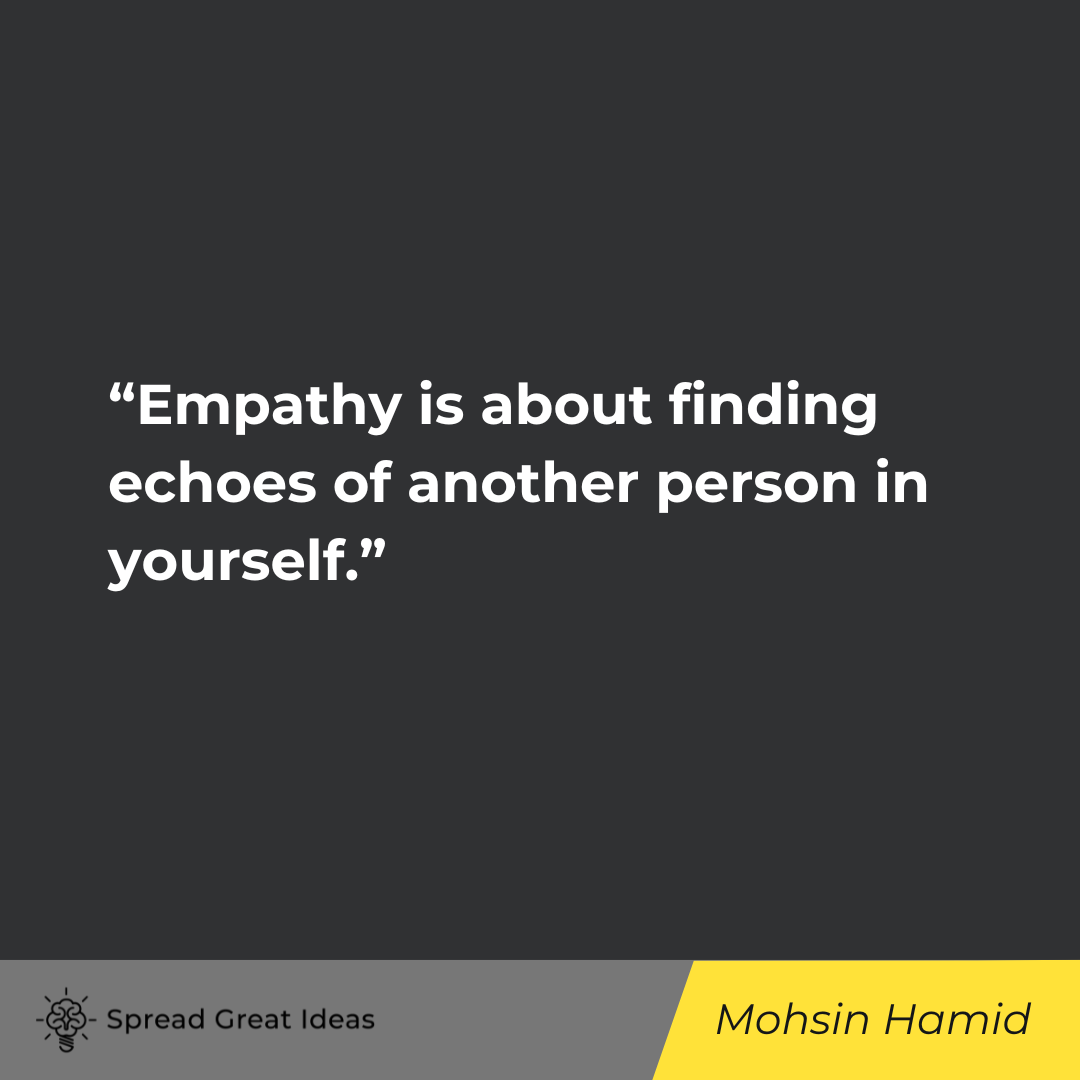
Stephen Covey
“When you show deep empathy toward others, their defensive energy goes down, and positive energy replaces it. That’s when you can get more creative in solving problems.”
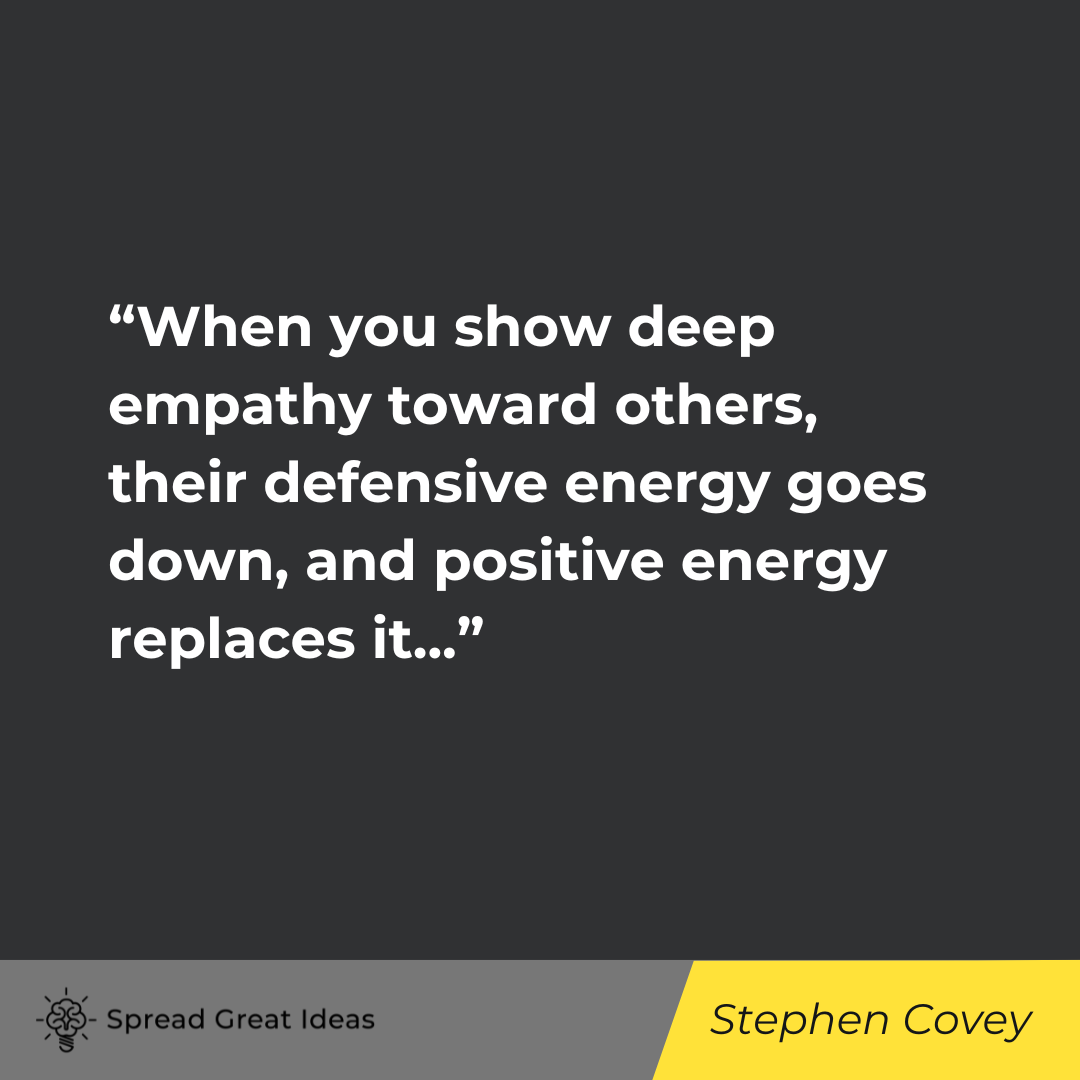
Meryl Streep
“The great gift of human beings is that we have the power of empathy.”
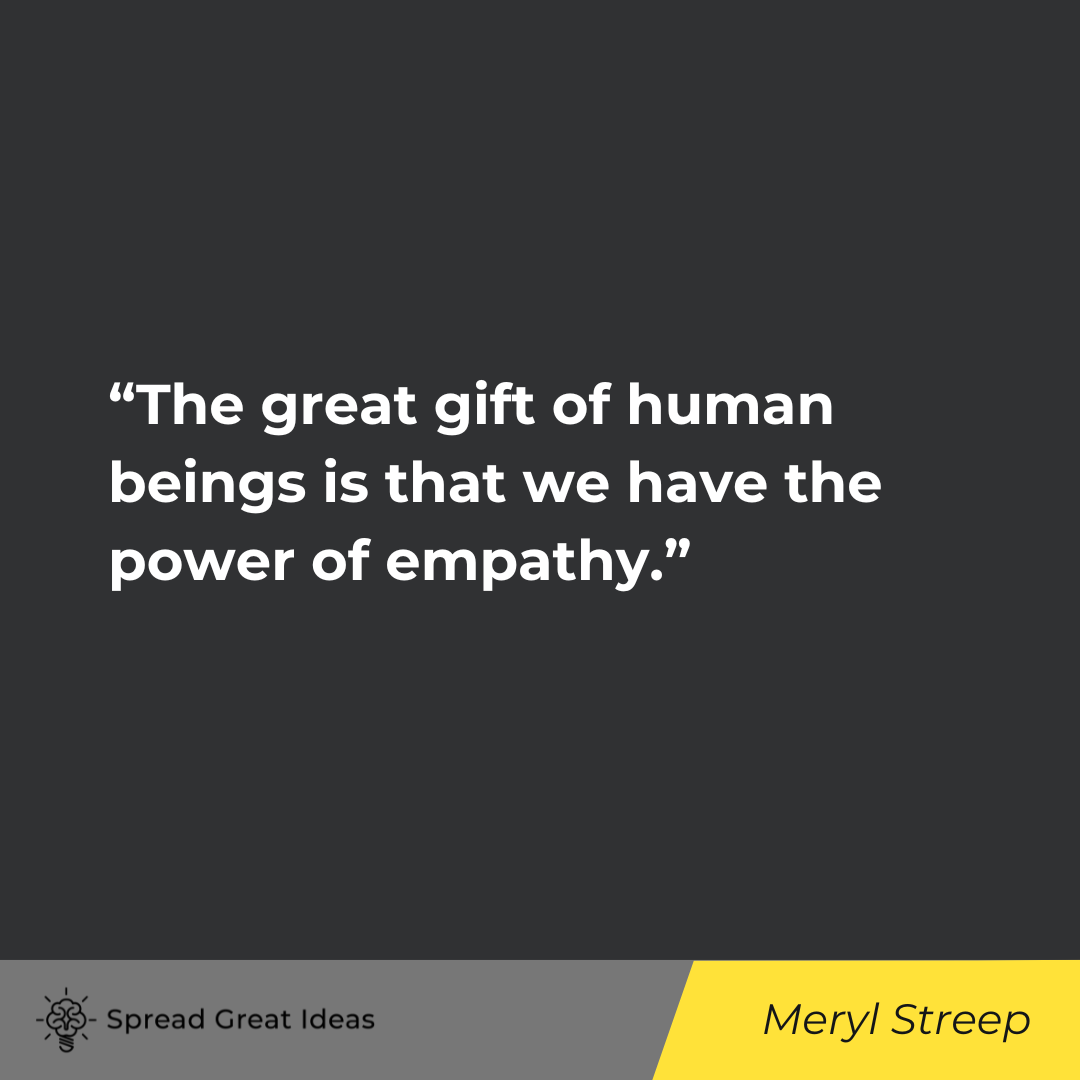
Max Carver
“Empathy is the starting point for creating a community and taking action. It’s the impetus for creating change.”
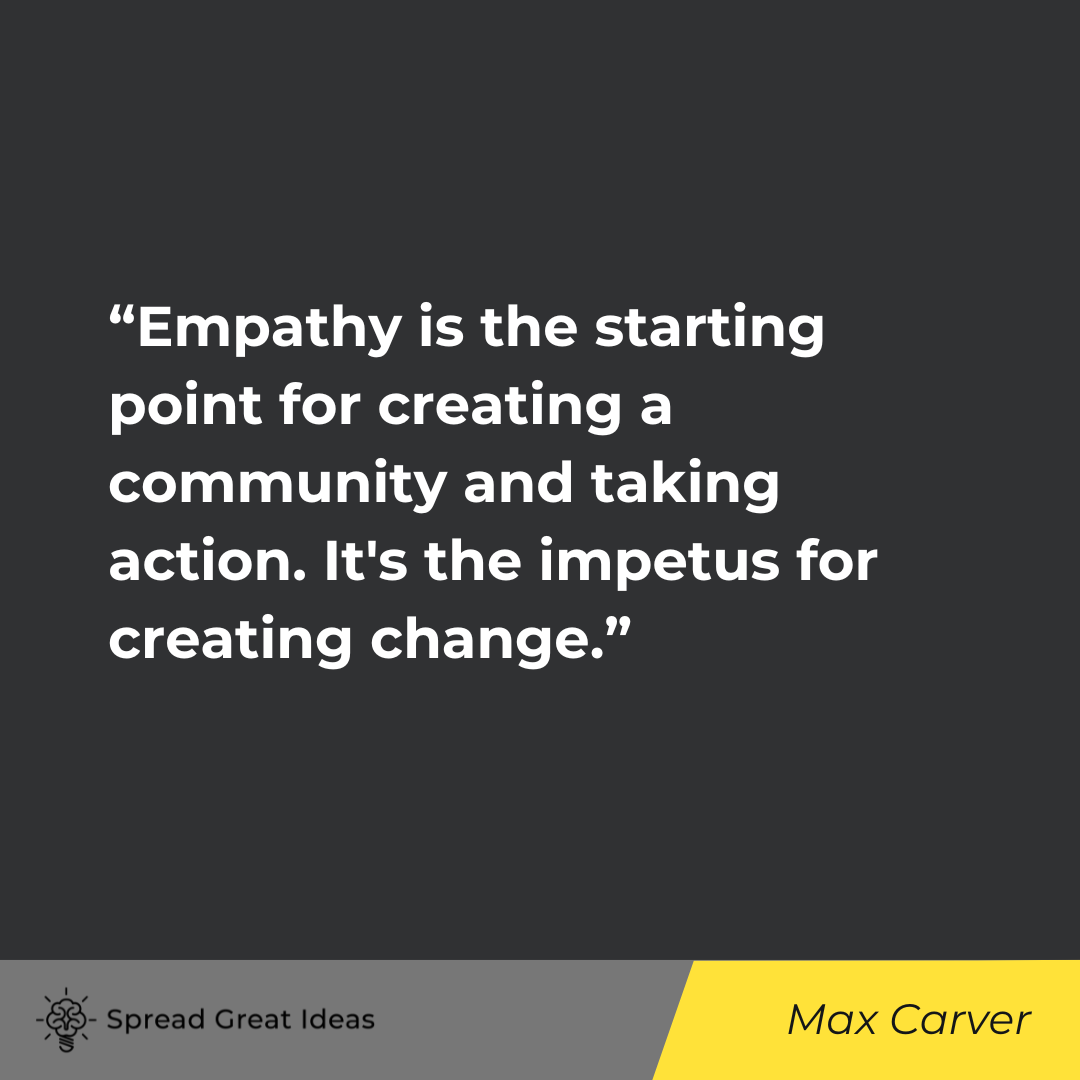
Maya Angelou
“I think we all have empathy. We may not have enough courage to display it.”
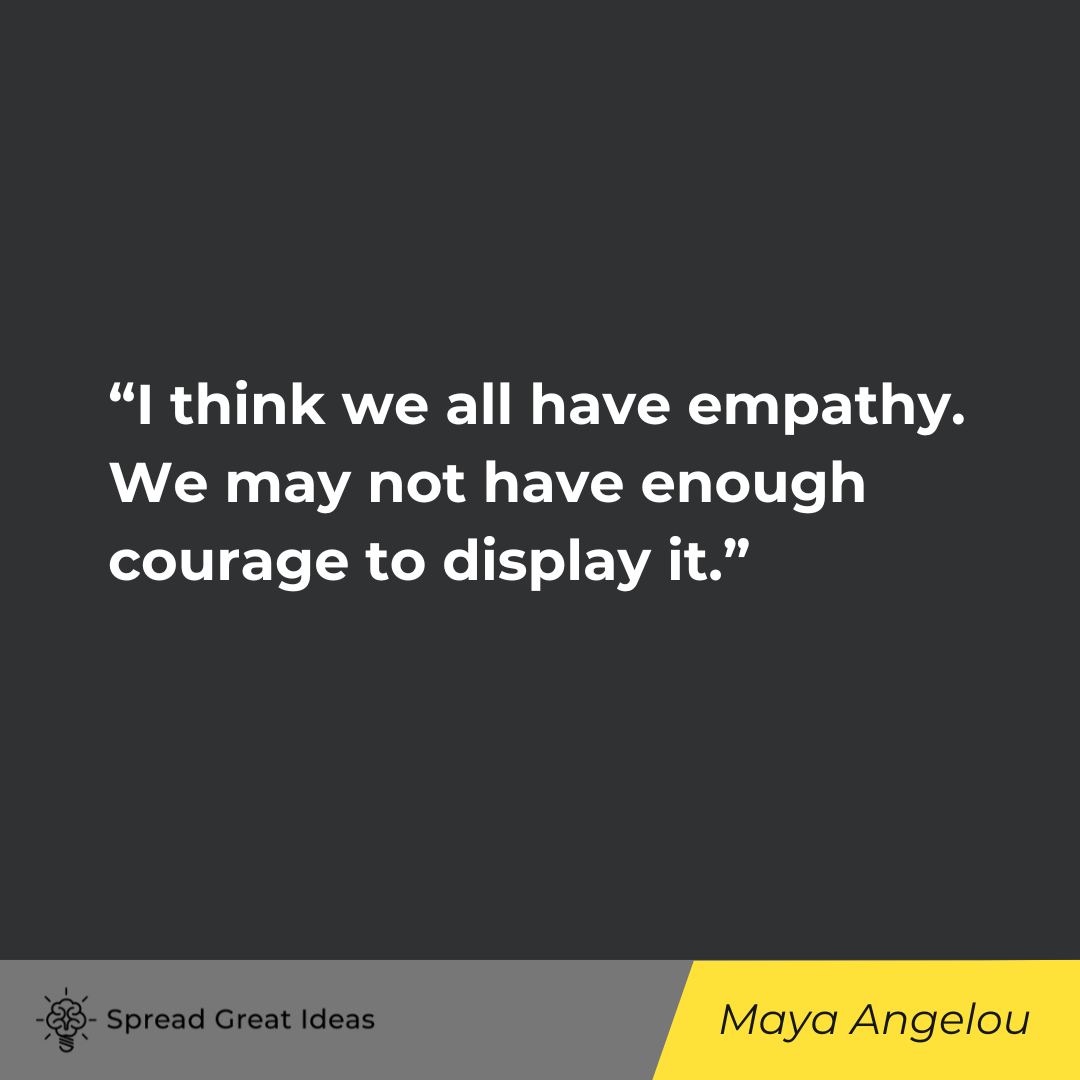
Rasheed Ogunlaru
“The only way to change someone’s mind is to connect with them from the heart.”
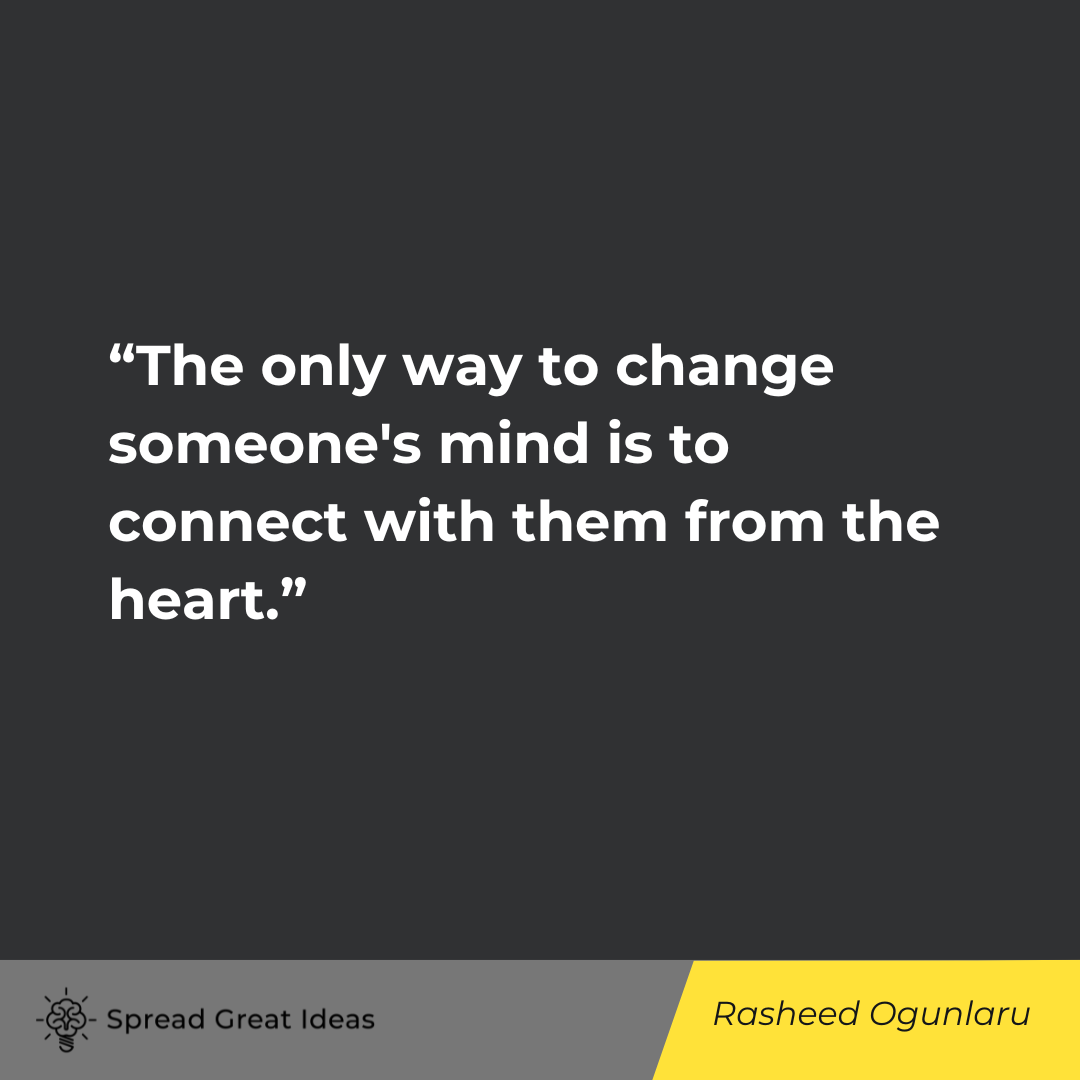
Daniel H. Pink
“Empathy is about standing in someone else’s shoes, feeling with his or her heart, seeing with his or her eyes. Not only is empathy hard to outsource and automate, but it makes the world a better place.”
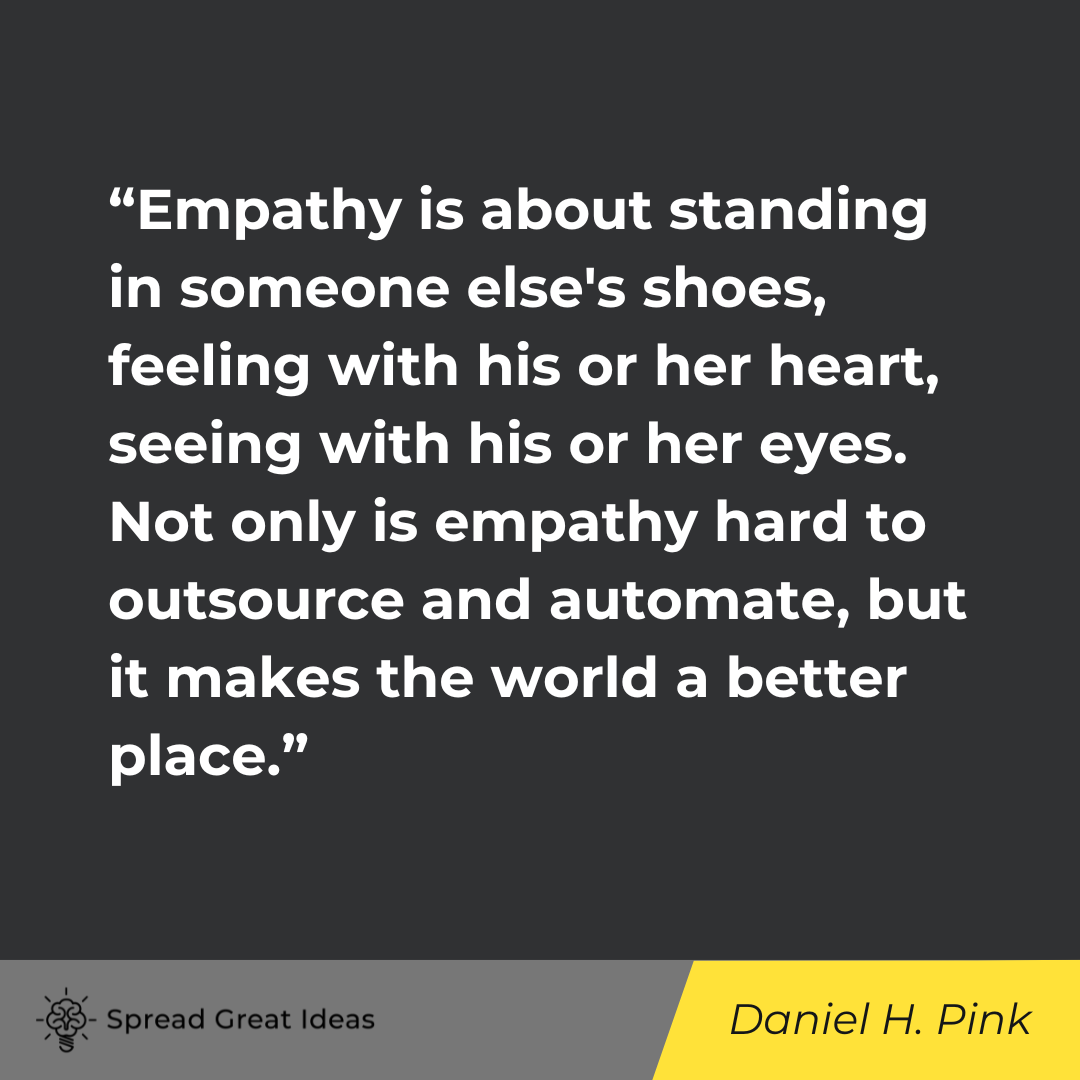
Sue Monk Kidd
“Empathy is the most mysterious transaction that the human soul can have, and it’s accessible to all of us, but we have to give ourselves the opportunity to identify, to plunge ourselves in a story where we see the world from the bottom up or through another’s eyes or heart.”
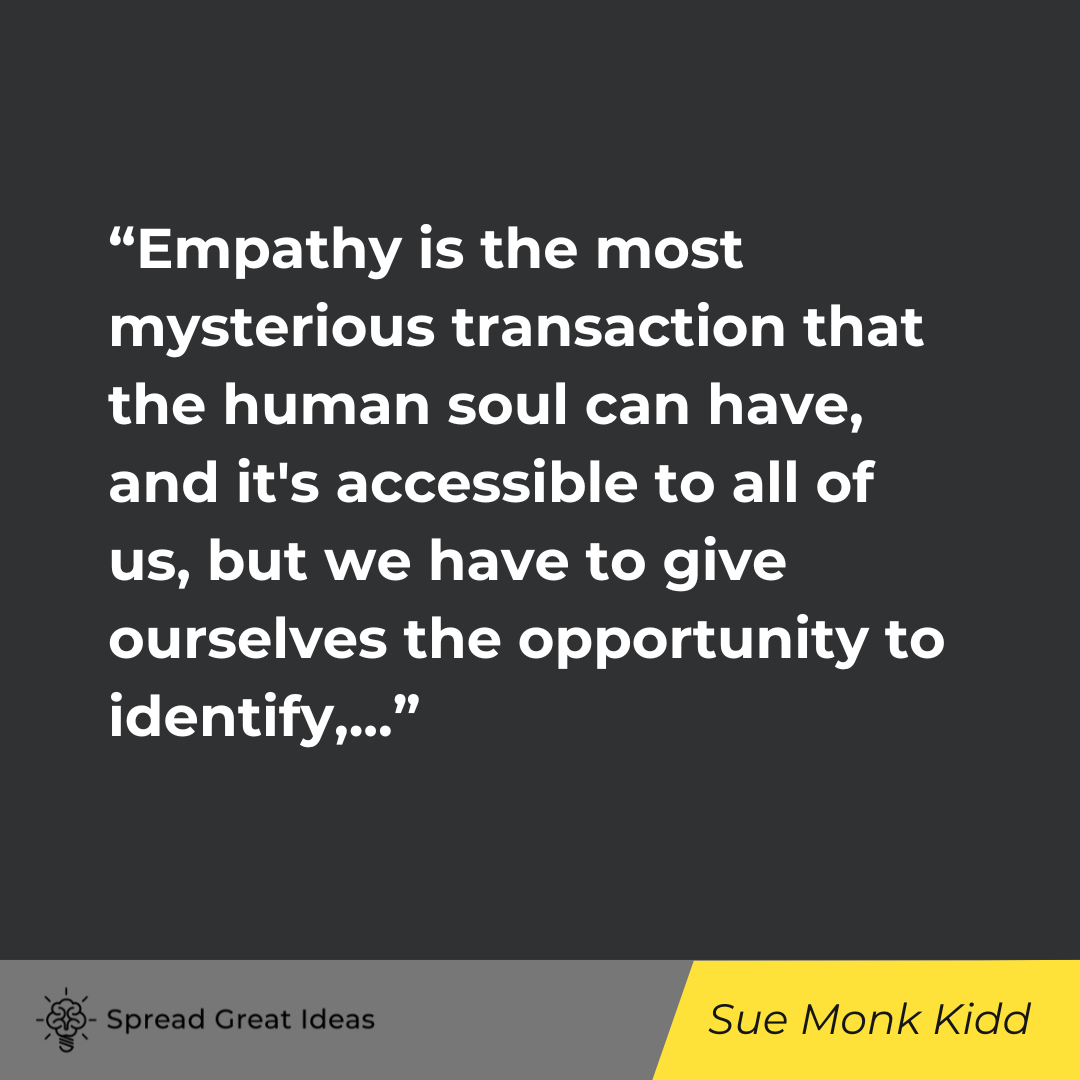
Sterling K. Brown
“Empathy begins with understanding life from another person’s perspective. Nobody has an objective experience of reality. It’s all through our own individual prisms.”
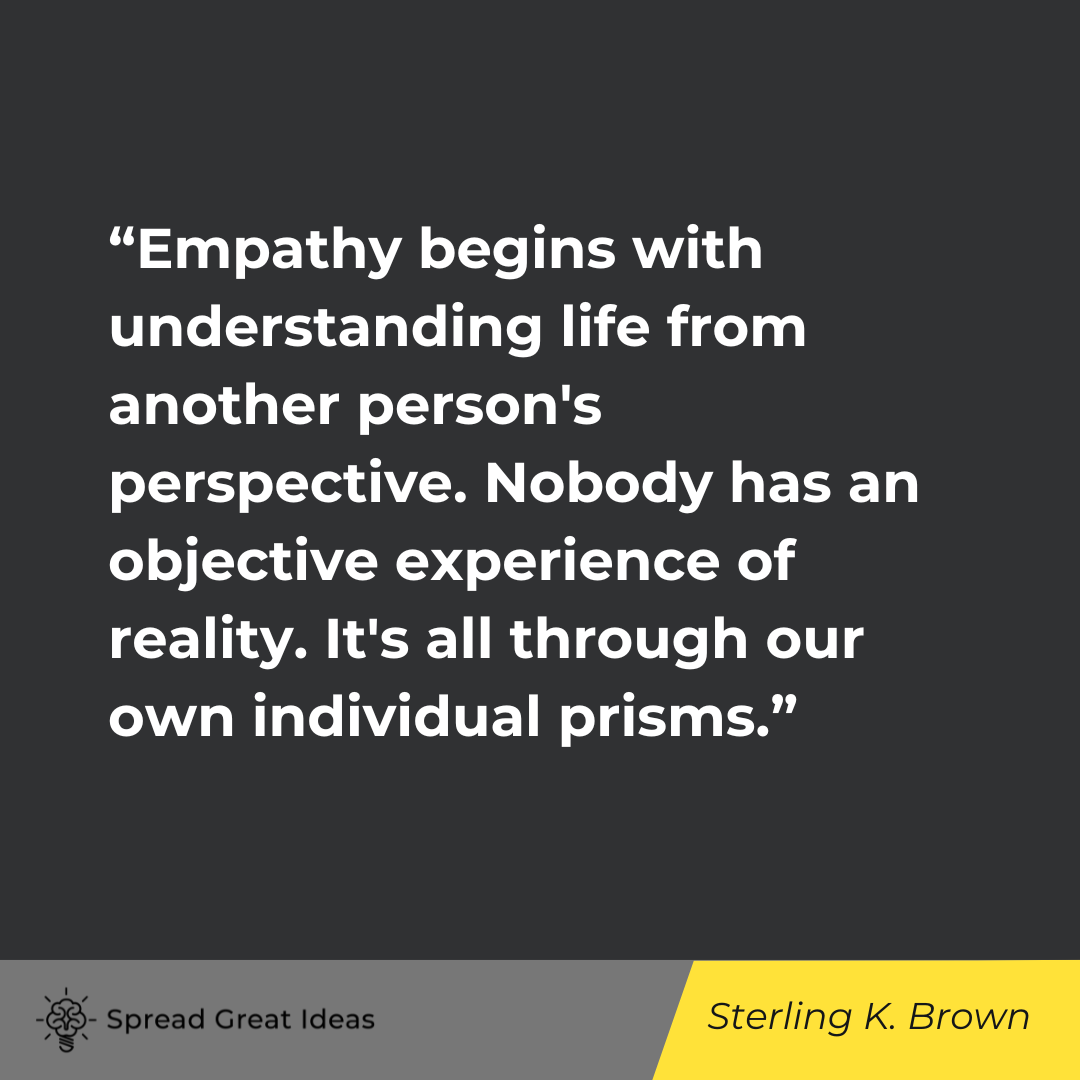
Aristotle
“To perceive is to suffer.”
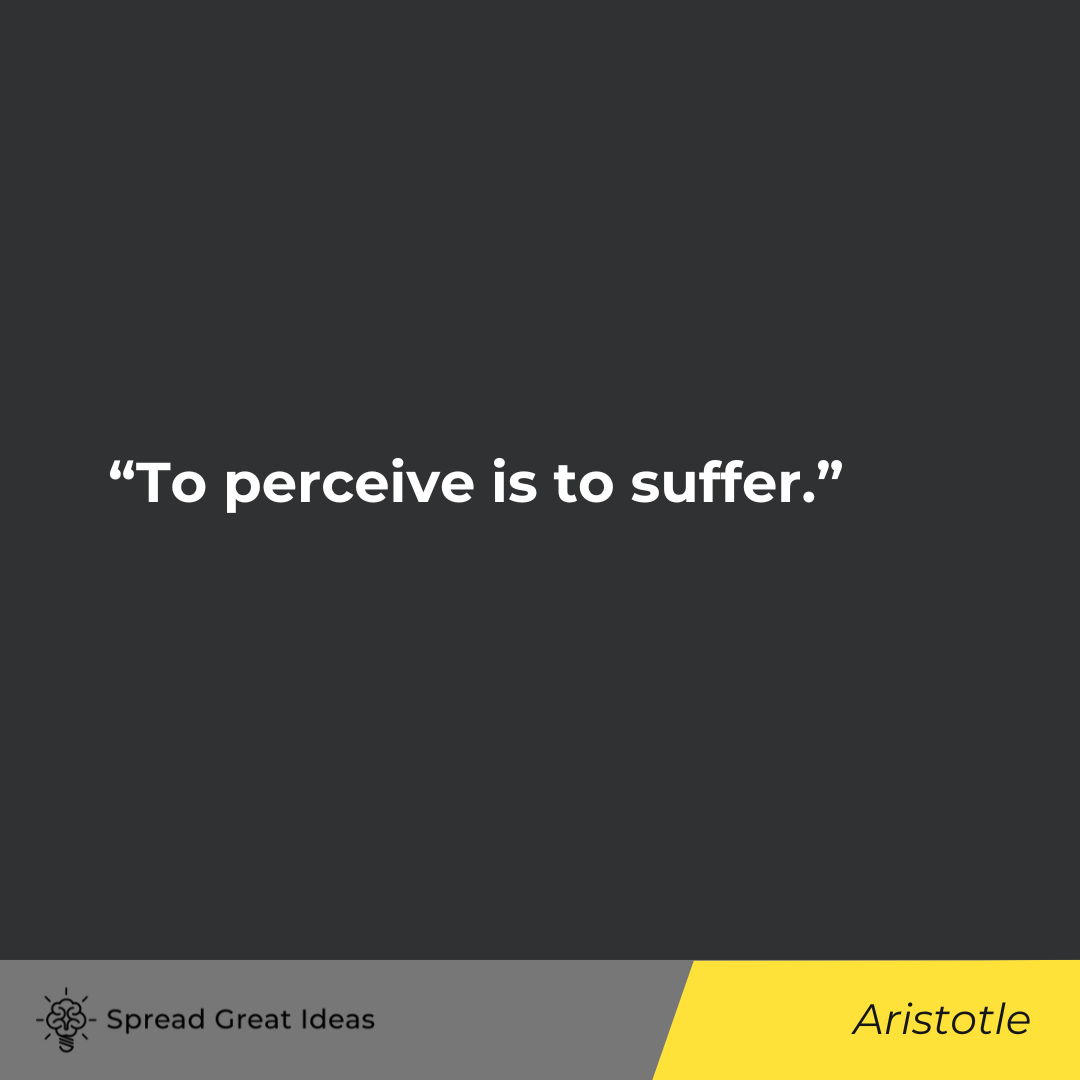
Ernest Hemingway
“When people talk, listen completely. Most people never listen.”
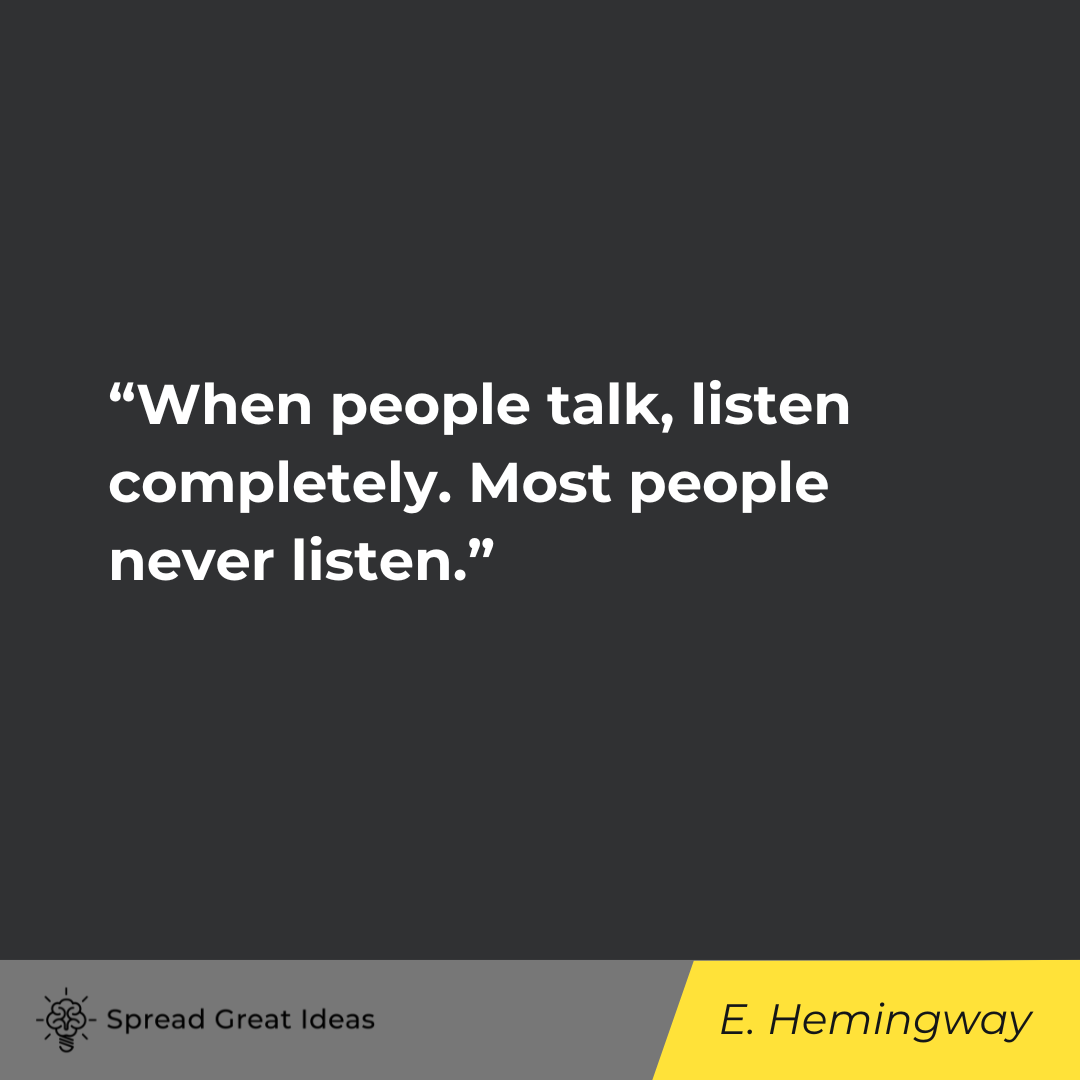
Oprah Winfrey
“The struggle of my life created empathy — I could relate to pain, being abandoned, having people not love me.”
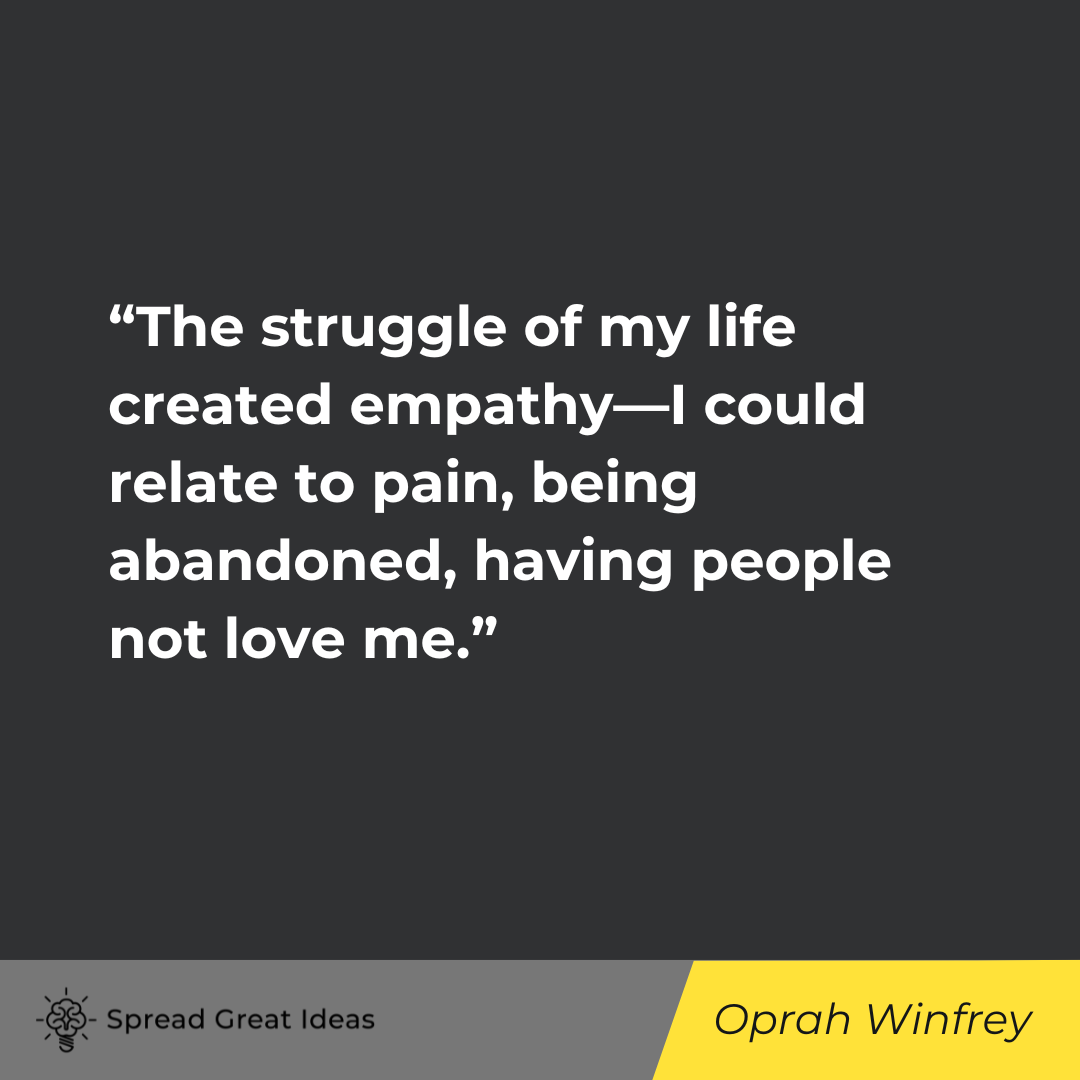
Neil Gaiman
“Empathy is a tool for building people into groups, for allowing us to function as more than self-obsessed individuals.”
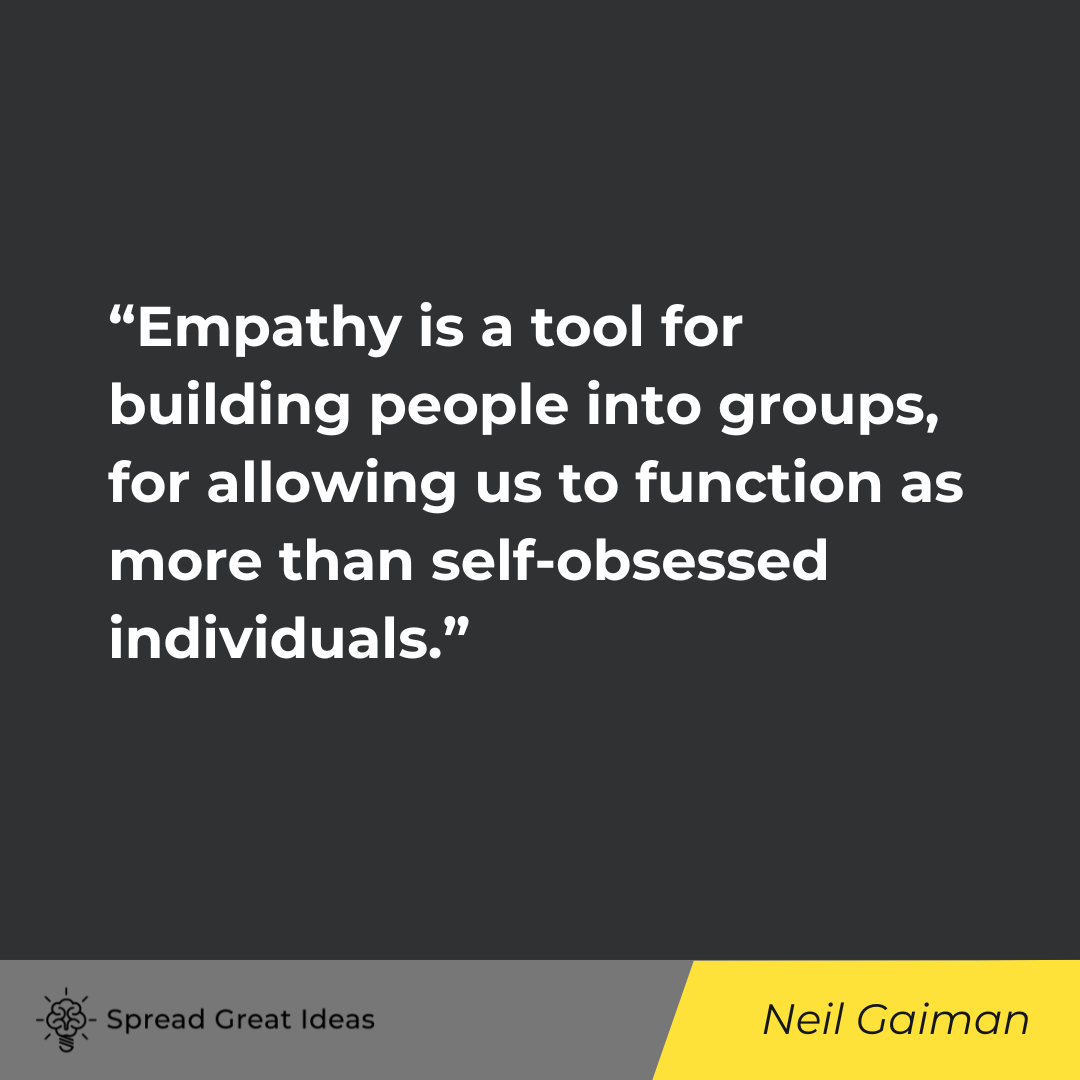
Edward Albert
“The simple act of caring is heroic.”
